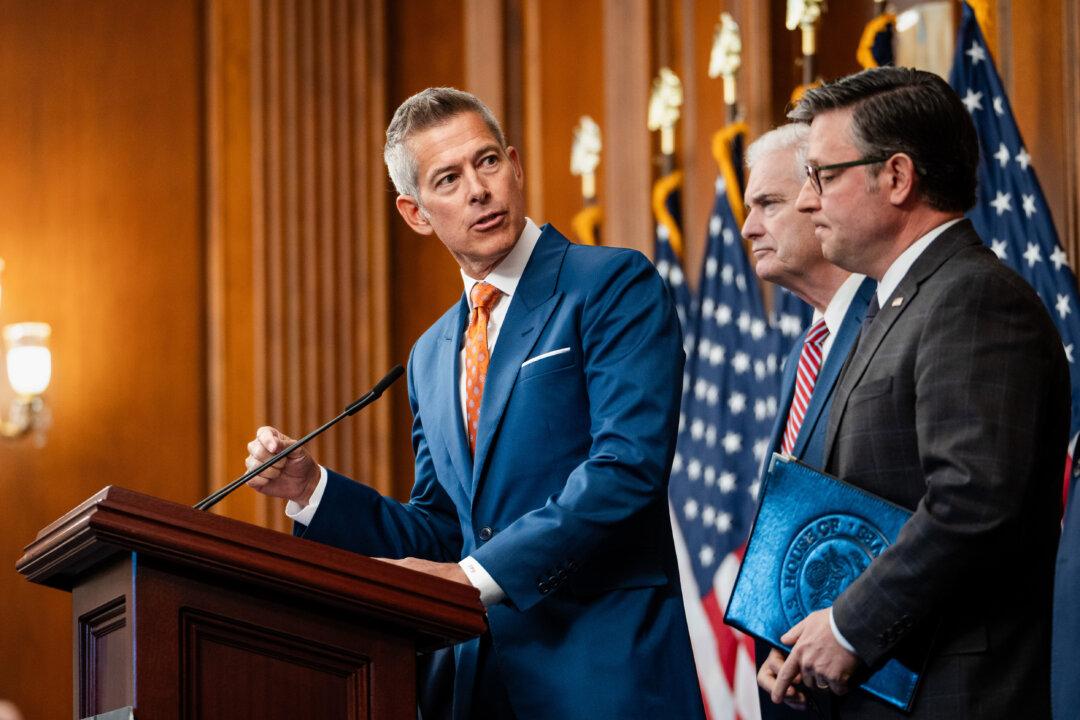The European Commission has proposed a ban in the European Union (EU) market on products made with forced labor, with the prohibition covering all products consumed in the region, whether locally produced or imported.
“Our aim is to eliminate all products made with forced labor from the EU market, irrespective of where they have been made,“ he said. ”Our ban will apply to domestic products, exports, and imports alike. Competent authorities and customs will work hand-in-hand to make the system robust.”
In the preliminary phase, member states will assess forced labor risks from many sources, including due diligence performed by companies and submissions from civil society. Products on which “well-founded suspicions” exist that they were made with forced labor will be investigated.
Officials can conduct inspections and checks, even in nations outside the EU. If any product is identified as having been produced with forced labor, authorities can issue a withdrawal order for the item from the market and prohibit further sale of it. Companies will be made to dispose of such goods.
The proposal must be discussed and agreed upon by the Council of the European Union and the European Parliament before it takes effect.
The European Trade Union Confederation (ETUC), the main union umbrella organization in the region, has welcomed the proposal to ban forced labor.
Global Forced Labor, CCP Terror
The European Commission’s proposal follows a report released by the U.S. International Labor Organization (ILO) that estimates about 50 million people worldwide are held in modern slavery.Half of the global total of forced labor, amounting to 15.1 million people, are in Asia and the Pacific, followed by Europe and Central Asia with 4.1 million, Africa with 3.8 million, the Americas with 3.6 million, and the Arab states with 0.9 million.
The United States has taken action against global incidences of forced labor. In 2021, for example, President Joe Biden signed into law the Uyghur Forced Labor Prevention Act, which seeks to make sure that U.S. entities don’t fund forced labor among the Uyghur minority in China’s Xinjiang region.





